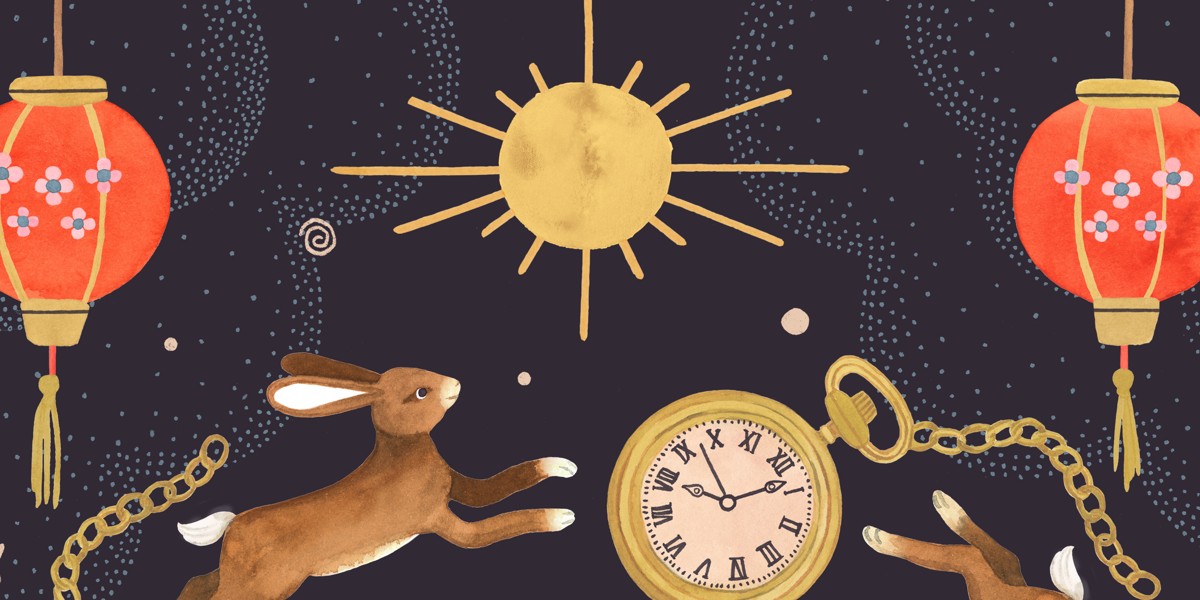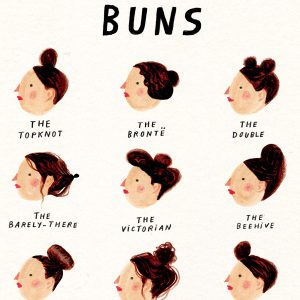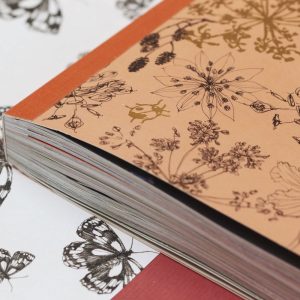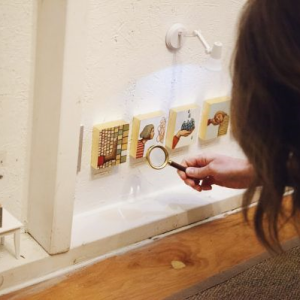The Chinese are flexible with time and pin things down as little as possible. After all, everything’s always changing anyway, and life has a rhythm of its own. Philosopher Christine Cayol believes the West can learn from that.
You say that people in the West suffer from time disease. What is that?
“I suffer from it myself! There are a few typical symptoms. The first is that we believe that we’re always short of time, that we never have enough of it. But that’s just an idea in our heads. The second symptom is that we don’t recognize the value of time. We look at time as an enemy and fight against it instead of working with it.
And, at the same time, when we do have some time on our hands, we’re afraid of it. Many people find it uncomfortable when they suddenly have a few hours free because an appointment has been canceled. The first thing they will do is try to fill that void. We are not comfortable with free time or emptiness.”
You moved to China fifteen years ago and found out they have a very different attitude toward time there.
“In China, I came across a very different perspective and a different way of life. I noticed that people would call me up in the afternoon and ask if I wanted to have dinner with them that night. I thought: How is that possible? The economy is growing very rapidly here, everyone’s really busy, so how can they call me three hours in advance to invite me to come to dinner?
Another example is when the dean of a university asked me on Monday whether I wanted to give a lecture—on the following Wednesday! My first reaction was that it simply was not possible; I’d never make it. So I was immediately already trapped in the thought that I couldn’t do something; I was making my own space very small. And that’s not necessary, because there are no restrictions.”
Yet we don’t see it that way in the West. Why is that?
“From a Western perspective, time is our enemy. Why is that? Because the passing of time means change. In Western culture, we have been obsessed since the time of Aristotle with striving for ‘the good’. When we have achieved it—happiness, for example, or truth—we want to record the situation, and then we want it to stay that way forever. Then you have a ‘now’ that is good and settled and always must stay that way, and you think in terms of a ‘before’ and an ‘after’.
And who is your biggest enemy then? It is time, because every second, every minute, brings changes. This idea is embedded very deeply in Western culture, but there is no such philosophy in China.”
- You can read the whole interview in Issue 30.
Interview Sjoukje van de Kolk Illustration Valesca van Waveren













